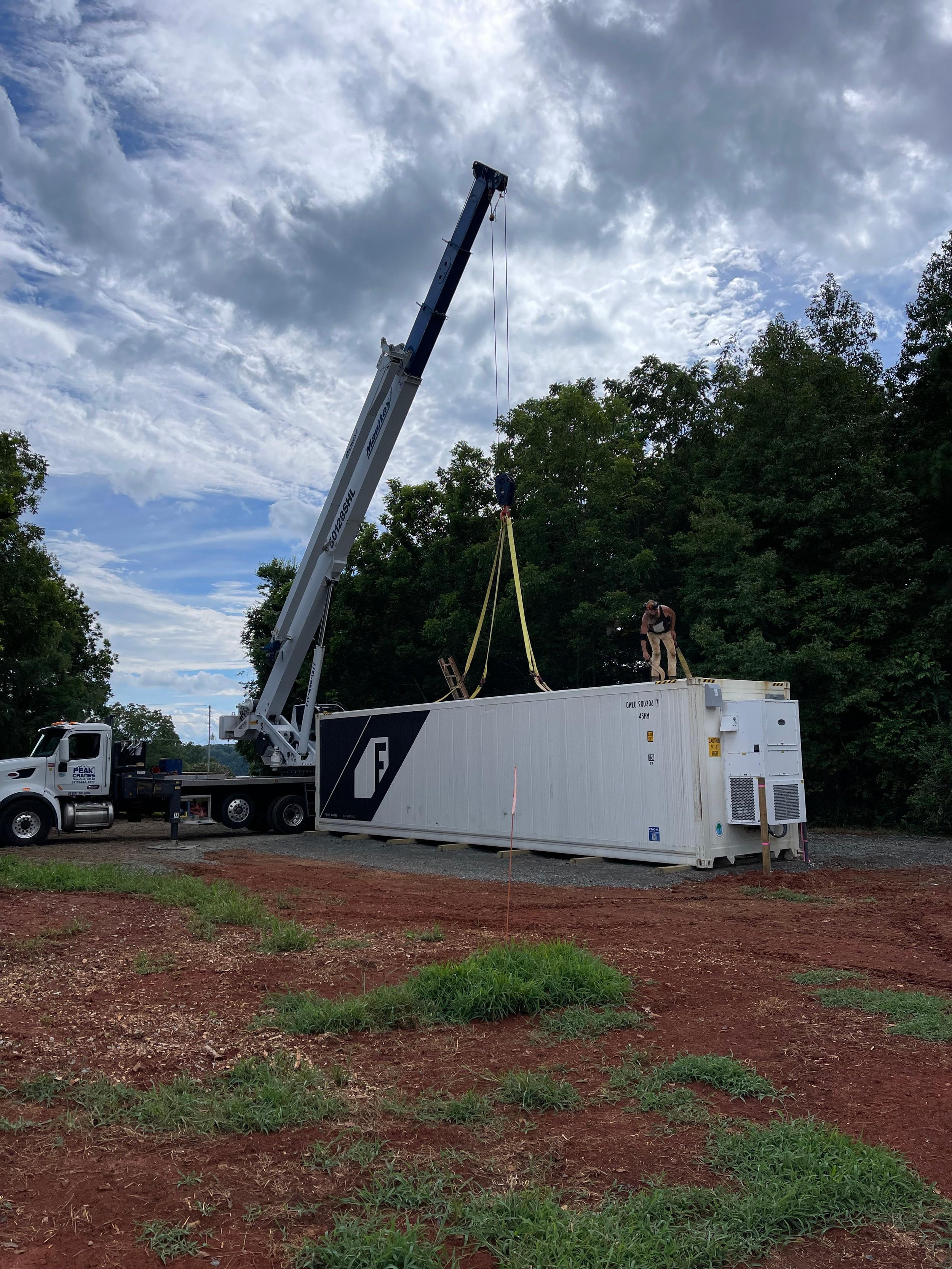How to Make Your Freight Farm School-Friendly and Optimized for Student Success
Schools across the country are finding innovative ways to make their Freight Farms more functional and educational for students. By customizing the interior and exterior, schools can turn these farms into engaging spaces for hands-on learning, science projects, and sustainability initiatives. Here are a few ways your school can tailor your Freight Farm to meet your needs:
Inside Customization
Whiteboards and Calendar/Schedule: Use whiteboards for important notes, updates, and reminders, while a large wall-mounted calendar helps track key farm events, growing cycles, and school-wide activities. This combination ensures students and teachers stay organized and informed about the farm’s daily and long-term operations.
Televisions/Monitors: Installing screens inside your Freight Farm can transform the space into a dynamic learning environment. Use monitors to display crop growth metrics, educational videos, or real-time farm data, making the learning experience more interactive.
Interactive Screens: Touchscreen tablets or interactive displays allow students to engage directly with Farmhand software, where they can log crop data, monitor conditions, and learn about farm management in a hands-on way. It offers a combination of technology and agriculture that makes the learning experience more interactive and relevant.
Shelving and Storage Areas: Extra shelving provides space for storing tool kits, supplies, and lesson materials. Organized storage ensures that everything from seeds to student projects has a dedicated place, promoting responsibility and efficiency.
Custom Workstations: Set up adjustable workstations for planting, analyzing data, or conducting experiments. These stations can help create an organized workflow and support hands-on STEM learning.
Student Recognition Wall: Create a space where student achievements related to the farm are displayed. This could include recognizing those who excel in farm management, crop production, or sustainability projects. A recognition wall fosters pride and motivates students to be active participants in the farm’s success.
Outside Customization
Vinyl Wraps and Student Murals: Customize the exterior of your Freight Farm with school branding or student-designed artwork. Consider using vinyl wraps to promote school spirit, or allow students to create nature-themed murals that reflect the sustainability and agricultural focus of the farm. These visual elements can help showcase the school’s commitment to sustainability while engaging the creative talents of the students.
Ramps and Accessible Entrances: To ensure the farm is accessible to all students, consider adding ramps or other modifications to accommodate those with mobility issues. This reinforces inclusivity while adhering to accessibility standards.
Outdoor Learning Space: Expand your classroom by creating an adjacent outdoor learning area. Benches, picnic tables, or a shaded awning can provide a comfortable space for group discussions, lessons, or student collaboration on farm-related projects.
Educational Signage: Place educational signs or QR codes around the farm to explain how it works, what crops are being grown, and the environmental benefits of vertical farming. This adds a layer of interactive learning for students and visitors alike.
These customizations not only enhance the functionality of the farm but also create a more engaging and inspiring learning environment for students. By personalizing the space to fit your school’s needs, you can foster a deeper connection to agriculture, sustainability, and hands-on STEM education.
Continue learning about how schools are integrating Freight Farms into their programs.
















